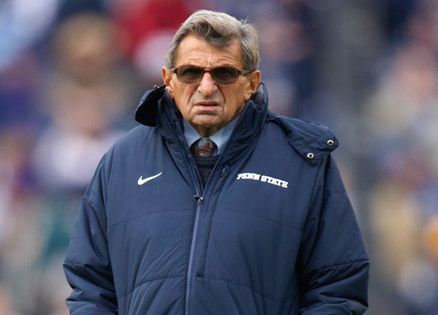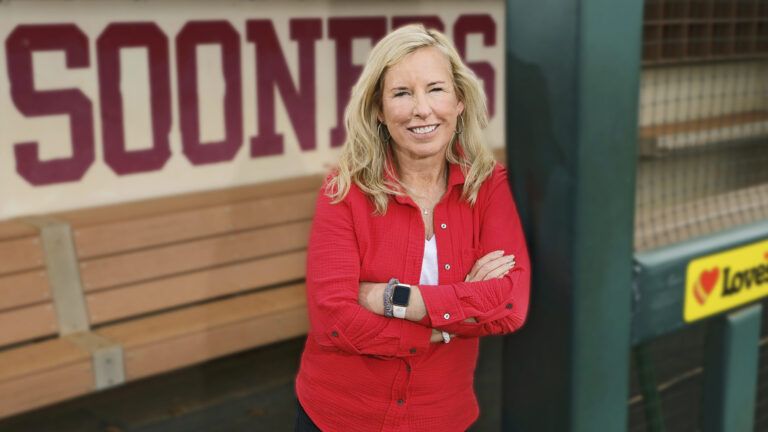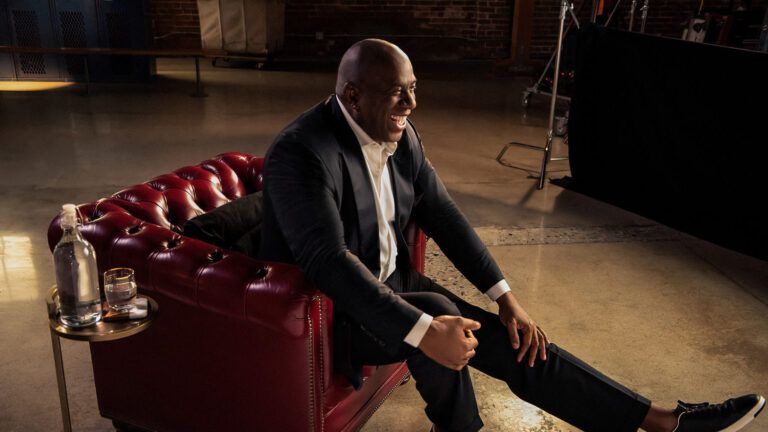I spent four years of my life as a student at Penn State University in State College, Pennsylvania. I worked on the student newspaper, The Daily Collegian, for all those years too. And every Saturday along with thousands I cheered on the Nittany Lions football team led by longtime coach Joe Paterno.
I was fortunate to interview him when Penn State won the national championship against Miami and was present at the White House for a ceremony honoring the team. I’ll never forget how humble he was. He always looked more like a professor in his Coke-bottle glasses, suitcoat and tie than a coach.
Even if you weren’t a player on his team, you could learn from Paterno. The no-name jerseys the team wore showed selflessness. The millions he and his wife, Sue, donated to the school for the library and liberal arts departments spoke volumes. Education, he said, was more important than a winning score. (Though he did win…a lot.) He was someone we could all depend on to be on the right side of things. He was a father figure to many. Through his devotion to the school for more than 60 years he built us all up. We revered him. We put him on a pedestal.
Then came the stunning events of November 2011 that sent shockwaves through the university and the country. Along with so many, I was sickened and disappointed. My heart was broken. Just two weeks later it was announced Paterno had lung cancer. A little more than two months after that he gave what would be his last interview. It looked like the final chapter of his life was at a close. He was devastated by the developments of the case surrounding his former assistant coach. “[This] is one of the great sorrows of my life… I wish I had done more,” he said.
A week later, at age 85, he died. Today is his memorial back at school.
Yesterday Paterno’s funeral procession wound its way through campus past the stadium and through downtown. Thousands came from all over the country to line the streets to say goodbye to JoePa. He probably would say it’s all too much fuss. You could almost hear in his high-pitched Brooklyn accent, “Eh, whadya waiting to see me for. Focus on your studies. Do your work. Don’t worry about me.”
But I think in the tributes there is healing. There is a sense of reconciliation. No one can take away all the good he has done. He admitted mistakes. He was just human like the rest of us.






